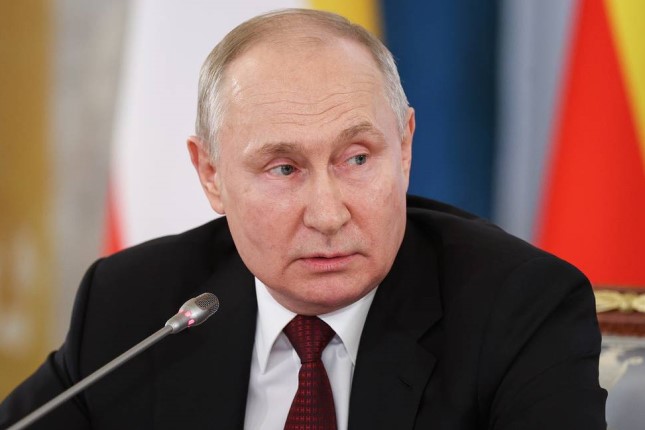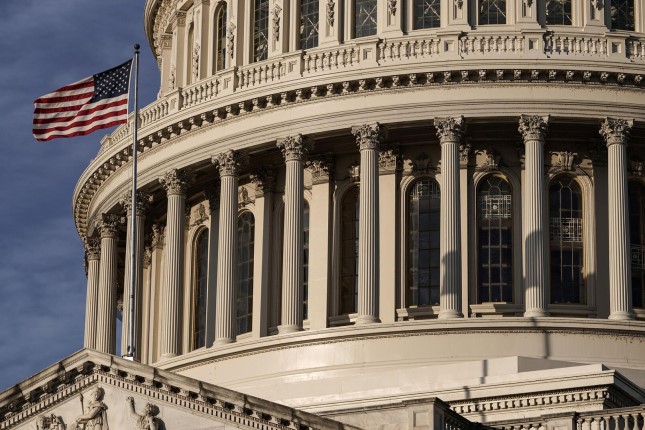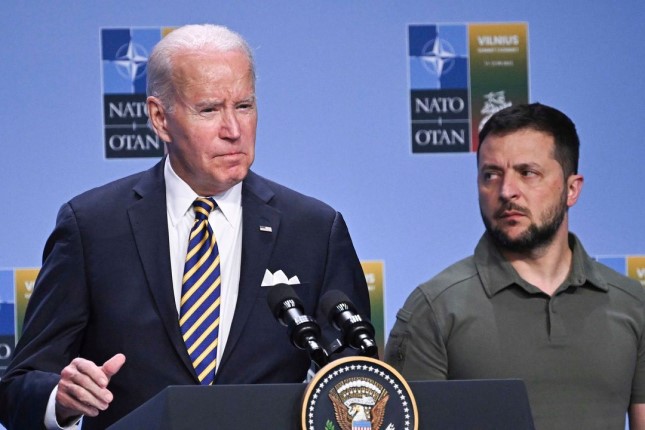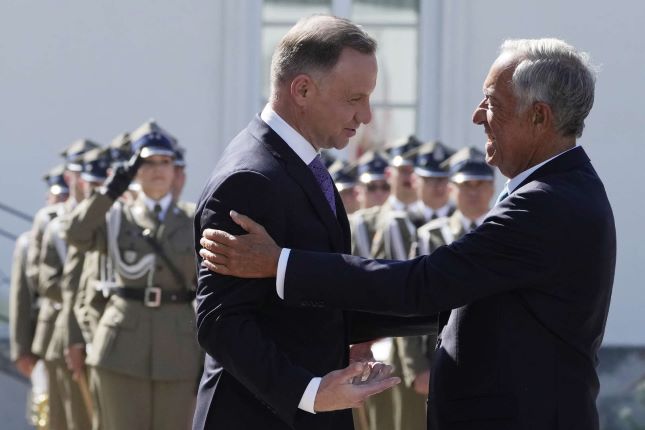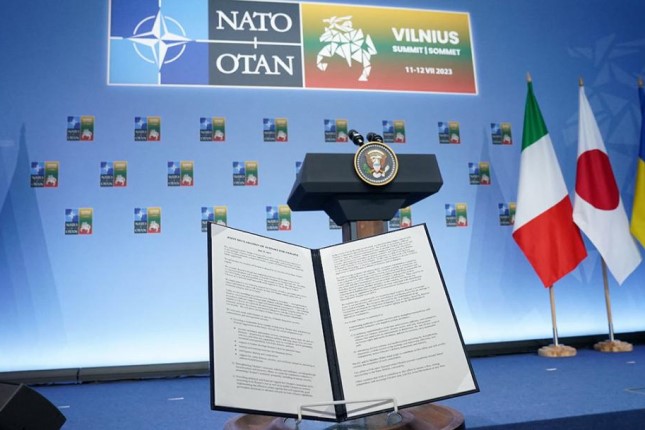President Biden has requested a record $895 billion in military spending for the 2025 fiscal year. Of that amount, about $850 billion will go to the Pentagon, and the remaining funds will go to other US federal agencies for military programs, including the Energy Department’s nuclear weapons program.
While a massive figure, the request likely would have been bigger if not for the debt ceiling deal reached between House Republicans and the White House last year, which capped military spending for 2024 and 2025. The $895 billion is a 1% increase from the 2024 National Defense Authorization Act, which still hasn’t been appropriated by Congress.
The debt ceiling deal did not cap “emergency supplemental” military spending, which is how the US has been funding the proxy war in Ukraine. President Biden is also urging the House to pass a $95 billion supplemental foreign military aid bill that includes funding for Ukraine, Israel’s slaughter of Palestinians in Gaza, and Taiwan.
Factoring in other costs, including the Veterans Affairs budget and interest paid on national security-related debt, the true cost of military spending for 2025 will easily exceed $1.5 trillion.
Much of the Pentagon’s massive spending is justified by hyping the threat of China, which the US military has named as its top threat. “We must continue to adapt, advance and innovate at speed and at scale across all domains, prioritizing China as the pacing challenge and Russia as an acute threat. Our strategy-driven budget does just that,” said Adm. Christopher Grady, the vice chairman of the Joint Chiefs of Staff.
The Pentagon budget includes $500 million in military aid for Taiwan in the form of Presidential Drawdown Authority, which allows the US to send weapons straight from US military stockpiles. The US gave its first PDA package to Taiwan last year, which marked a significant escalation in US support for the island.
The US has sold weapons to Taiwan since Washington severed diplomatic relations with Taipei in 1979 but has never financed the purchases or provided arms free of charge until 2023.
President Biden’s 2025 budget request also includes $100 million for Taiwan through the State Department in the form of Foreign Military Financing, which provides money to foreign governments to purchase US arms. The US announced its first FMF package for Taiwan in 2023 as well.
The State Department described the new $100 million request as a “historic investment in Taiwan’s security.” China responded sharply to the new aid for Taiwan, as it strongly opposes all US military support for the island.
“I would like to stress that China is firmly opposed to US’s military ties with Taiwan and its effort of arming Taiwan. We urge the US to abide by the one-China principle and stop interfering in China’s internal affairs. China will take steps to firmly uphold its sovereignty and territorial integrity,” said Chinese Foreign Ministry spokesman Wang Wenbin.
Photo: Deputy Secretary of Defense Kathleen Hicks speaks during a briefing at the Pentagon in Washington, Wednesday, Sept. 22, 2021, to announce that the Pentagon will act upon the 90-day commission recommendations on sexual assault and harassment in the military © AP Photo / Andrew Harnik.
Source: AntiWar.























